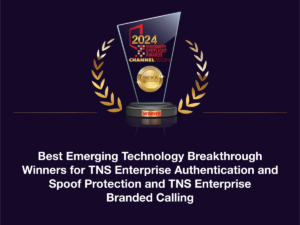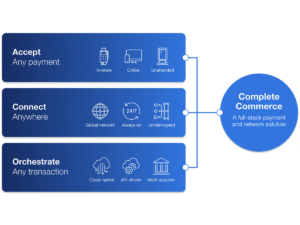You are probably aware that the US Department of Education will be ending the pause on student loan repayments in October 2023 and that regular interest rates resumed in September 2023. Our robocall protection team have seen a rapid rise in student loan scams in recent weeks, and as repayments are due, we do not expect them to slow down.
Scammers use a variety of methods to get their targeted victim talking, usually playing on the anxiety and confusion that many may feel during this time. For example, they may mention a new program that you qualify for, but you must act immediately. Or they may also claim they can lower your interest rate to an amount that sounds ‘too good to be true’ (because it is!). Fraudsters may even offer to complete loan cancellation, which no one could really make happen. The idea of all these tactics is for the scammer to pressure their victim into giving them personal information for financial gain, so a time sensitive offer that sounds irresistible will unfortunately sometimes do the trick.
The easiest way to avoid falling victim to student loan scams is to know that you do not have to pay for student loan help. Fraudsters will offer help with refinancing, applying for student loan forgiveness, or getting loans out of default, for an up-front fee. It is important to note that up-front fees are a major red flag for any type of scam, as these services can be done for free by a loan servicing officer or lender. There are legitimate companies that work with the Department of Education who can provide these services, but they would not reach out to you via phone or text. If you need to access any services regarding student loans, you should reach out directly to your loan officer.
There are student loan debt relief companies, but they are private and charge fees for services that you could likely do yourself or for free through the Department of Education. These companies will usually charge very high prices and you may end up worse off. They will likely not be able to make the promises they advertised and if they were able to gain access to your loans, they could make changes you did not authorize.
The good news is that the Department of Education has a list of companies they are affiliated with, who can help if you do need loan support. It is important to check this list because some companies will claim to be affiliated when they are not.
Call-blocking apps, including those powered by TNS Call Guardian®, are also a great resource for reporting and blocking unwanted robocalls. Stay vigilant, share information about scams with others and be sure to check out our monthly Scam of the Month page updates.
John Haraburda is Product Lead for TNS Call Guardian® with specific responsibility for TNS’ Communications Market solutions.
Call Guardian is a registered trademark of Transaction Network Services, Inc.






